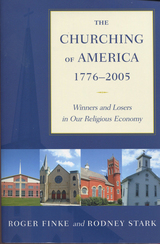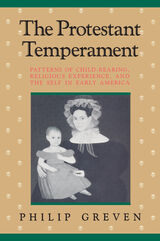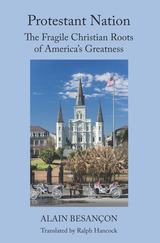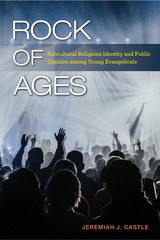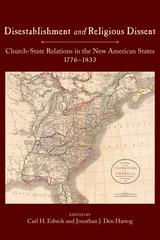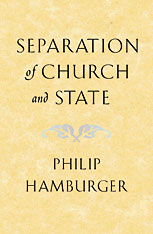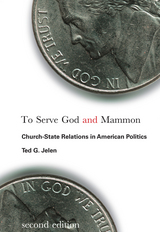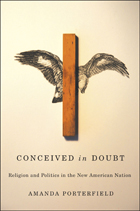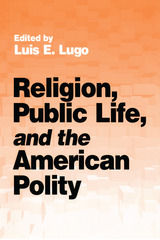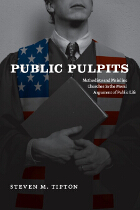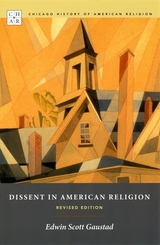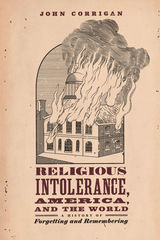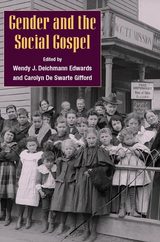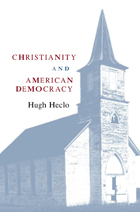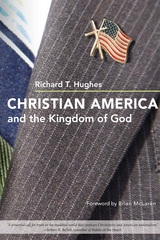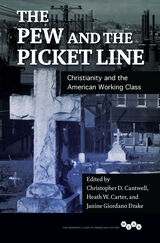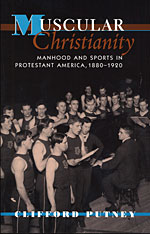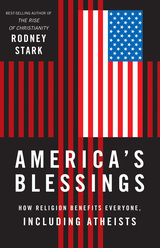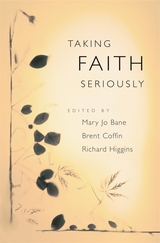Paper: 978-1-58901-191-5 | Cloth: 978-1-58901-190-8
Library of Congress Classification BR516.R78 2008
Dewey Decimal Classification 261.8709730904
The roots of conservative Christian skepticism of international politics run deep. In this original work Markku Ruotsila artfully unearths the historical and theological origins of evangelical Christian thought on modern-day international organizations and U.S. foreign policy, particularly in the fierce debates over the first truly international body—the League of Nations.
After describing the rise of the Social Gospel movement that played a vital, foundational role in the movement toward a League of Nations, The Origins of Christian Anti-Internationalism examines the arguments and tactics that the most influential confessional Christian congregations in the United States—dispensational millenialists, Calvinists, Lutherans, and, to a lesser extent, Methodists, Episcopalians, and Christian Restorationists—used to undermine domestic support for the proposed international body. Ruotsila recounts how these groups learned to co-opt less religious-minded politicians and organizations that were likewise opposed to the very concept of international multilateralism. In closely analyzing how the evangelical movement successfully harnessed political activism to sway U.S. foreign policy, he traces a direct path from the successful battle against the League to the fundamentalist-modernist clashes of the 1920s and the present-day debate over America's role in the world.
This exploration of why the United States ultimately rejected the League of Nations offers a lucid interpretation of the significant role that religion plays in U.S. policymaking both at home and abroad. Ruotsila's analysis will be of interest to scholars and practitioners of theology, religious studies, religion and politics, international relations, domestic policy, and U.S. and world history.
See other books on: Christianity and politics | League Nations | League of Nations | Origins | Religion, Politics & State
See other titles from Georgetown University Press


